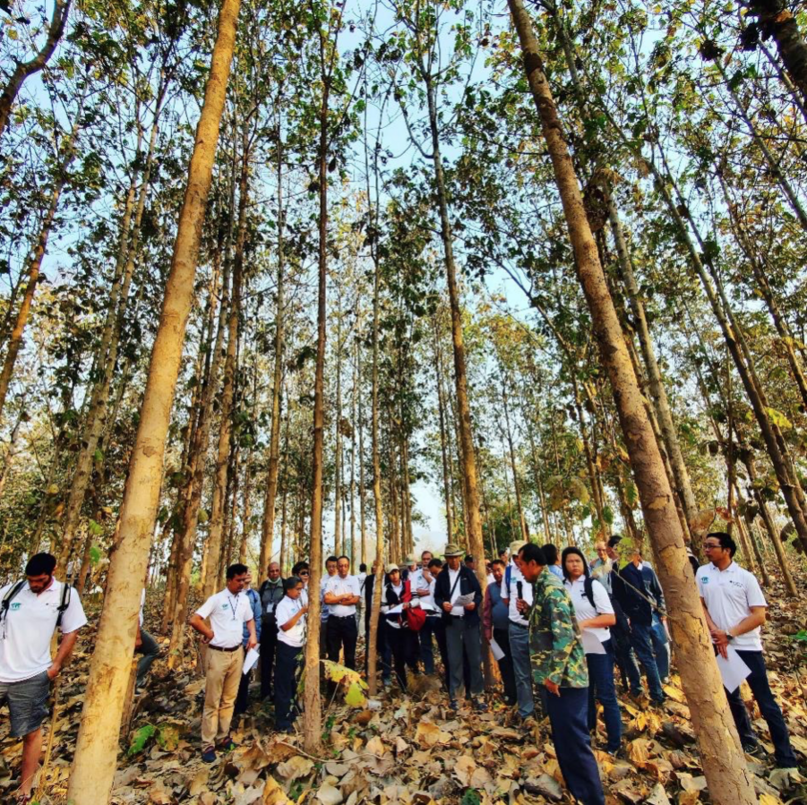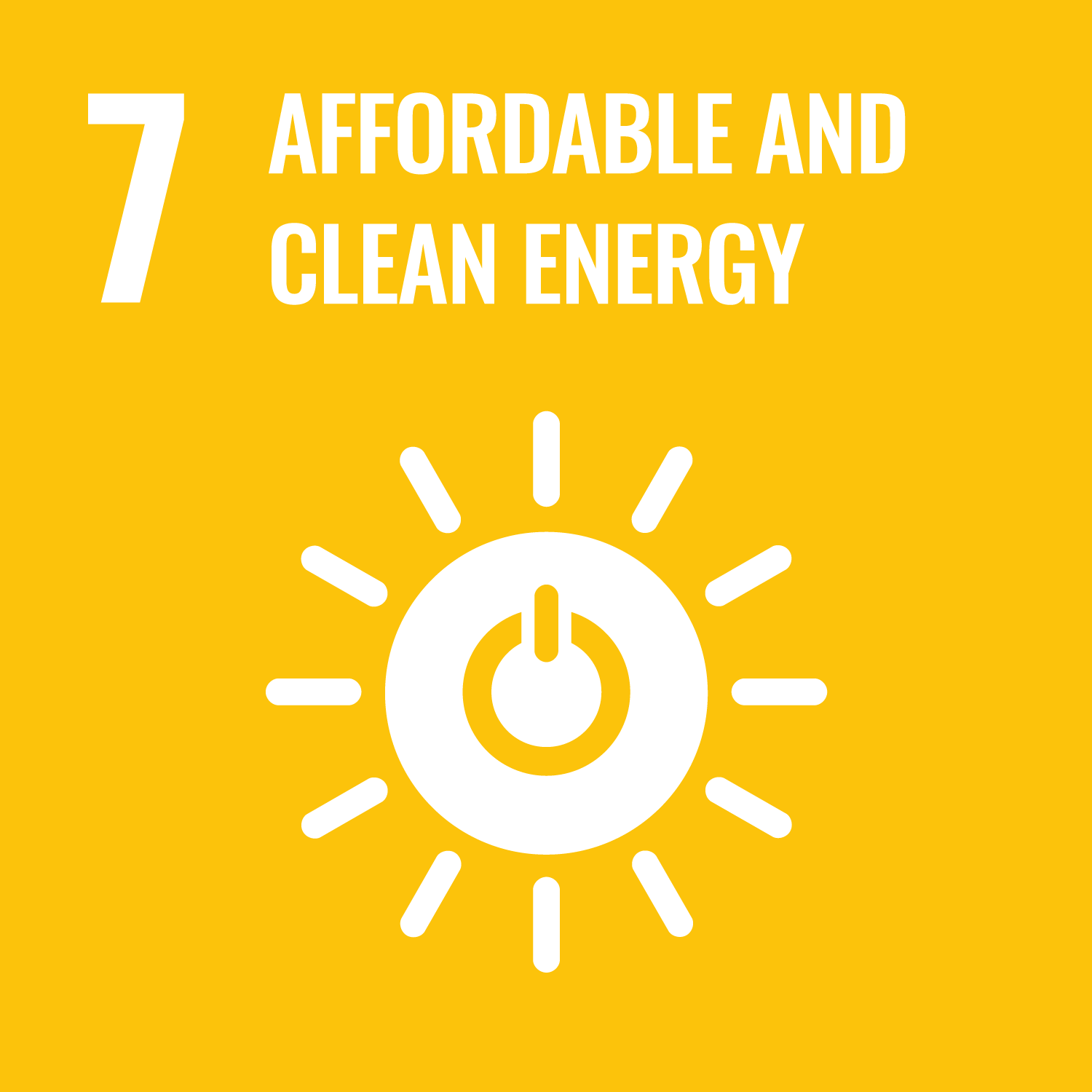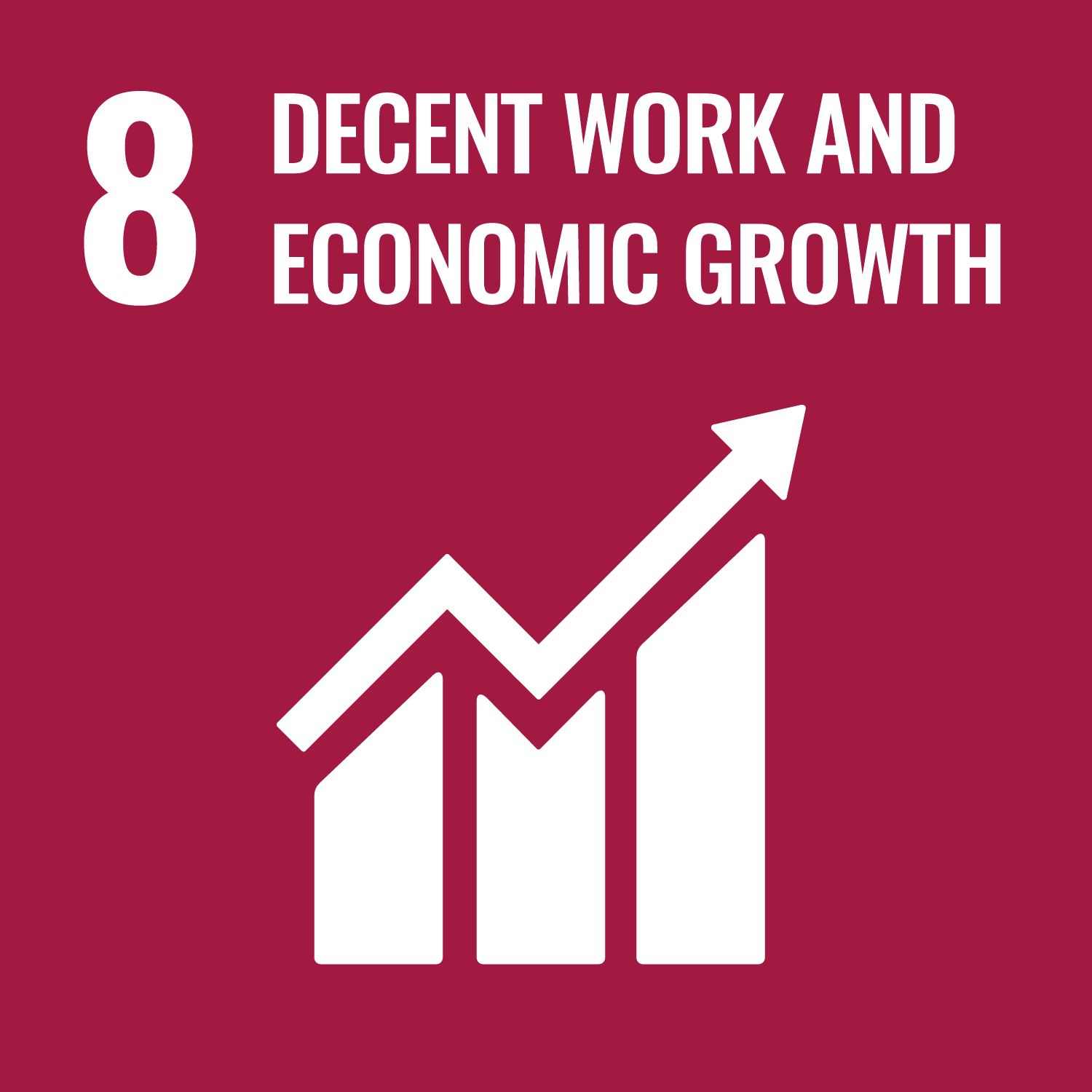Side-event hosted by ITTO and Teaknet examines challenges and opportunities for boosting teak value
5 July 2023

Teak practitioners visit a teak plantation in Luang Prabang Province, Lao People’s Democratic Republic, as part of an ITTO-hosted workshop in 2020. Photo: Tetra Yanuariadi/ITTO
Yokohama, Japan, 5 July 2023: A side-event convened jointly by ITTO and the International Teak Information Network (Teaknet) during the International Union of Forest Research Organizations (IUFRO) Forest Products Conference in Cairns, Australia, on 4–8 June 2023, explored means for boosting the value of teakwood products.
Teak (Tectona grandis) is a high-priority species for wood industries in the tropics of Africa, Asia-Pacific and Latin America and the Caribbean. The global trade in teak roundwood is estimated at about 1.02 million m3 per year, dominated by India, China and Thailand, followed by Viet Nam. About 70 countries have teak plantations, and the future world supply is expected to come almost entirely from plantations grown on 15–25-year rotations.
The ITTO-Teaknet side-event examined means for boosting value chains for teakwood through value-added product development, the establishment of incentives mechanisms to promote legal and sustainable teak supply chains, and investment in teak plantations. Other topics included genetically improved planting material for high-quality timber production; the application and adoption of enhanced processing technologies; appropriate trading policies and standards; and scaling up international cooperation, partnerships and networking to promote the contributions of sustainable teakwood products to mitigating climate change and achieving the Sustainable Development Goals (SDGs).
“Changes in the global trading environment for tropical timbers, including teak, are occurring at a rapid pace,” said ITTO project manager Tetra Yanuariadi, in his presentation. “This requires a longer-term view to enable tropical timber industry policy decisions to be effective.” Concerted efforts to promote legal and sustainable teak supply chains will contribute to the attainment of several SDGs and provide many other economic, environmental and social benefits, according to Dr Yanuariadi.
Tropical timber producer countries need to regularly assess the competitiveness of their products in international markets to ensure continued maintenance of production and trade of sustainably managed tropical timber products, said Dr Yanuariadi. Ensuring sustainable tropical timber trade requires optimizing the utilization and improving the productivity of production forests, which will, in turn, benefit conservation and protected forests, in terms of reducing pressures and disturbances.
Teak represents the best opportunity to produce high-quality timber for many tropical countries and is thus of major importance to their forestry economies, according to Komlan Houelete from the Forest Development and Exploitation Office, Togo. In recent years, the corporate sector has been making large investments in the establishment and management of planted teak forests, he said. In Togo, however, where teakwood makes a substantial contribution to the country’s economy, it is grown mainly by a state-owned company and by smallholder teak producers. India is the main destination country for teak products from Togo, said Mr Houelete.
Speakers at the side-event also addressed forest biomass utilization for bioenergy industry development. Jingxin Wang, at West Virginia University, USA, reported on an integrated modelling framework for the supply-chain management of forest biomass for bioenergy, with components including regional suitability, facility siting assessments and supply-chain optimization. The model identified 30 industrial sites in the study region as top-priority sites for forest biomass-based bioenergy industry development and estimated the delivered cost of forest biomass for these sites.
During the side-event, Puthenpurayil Kumaran Thulasidas, representing Teaknet, reported that ITTO, Thailand’s Kasetsart University and Teaknet collaborated in implementing the project, “Enhancing the conservation and sustainable management of teak forests and legal and sustainable wood supply chains in the Greater Mekong Subregion”, which was completed in 2022. The planning of the second phase of this collaboration, which will have a greater focus on the production of high-quality teak timber, is in progress, including the organization of teak side-events at the IUFRO World Congress in June 2024 in Stockholm, Sweden, and at the Fifth World Teak Conference, which will be hosted by India in 2025.
Download the side-event presentations below.




